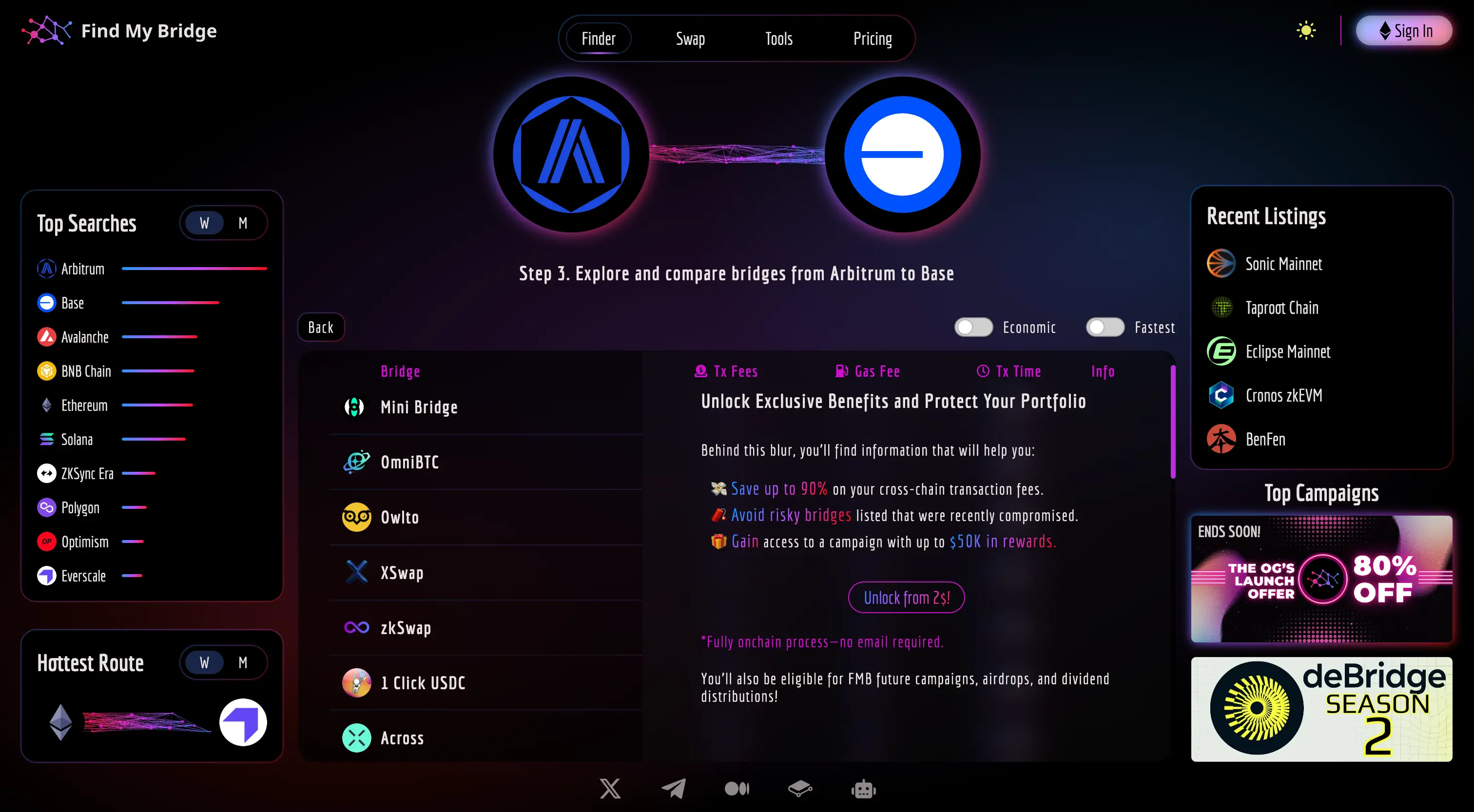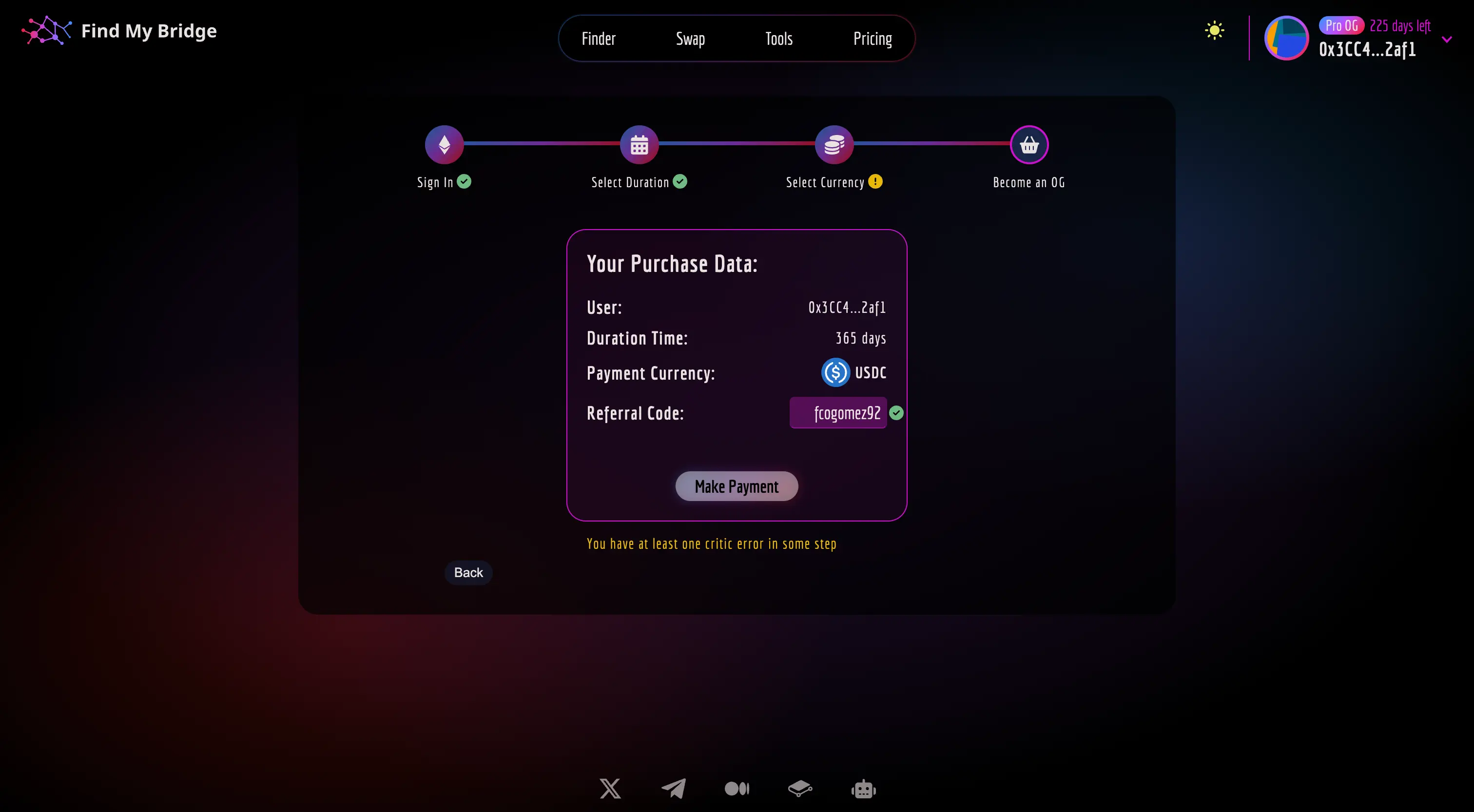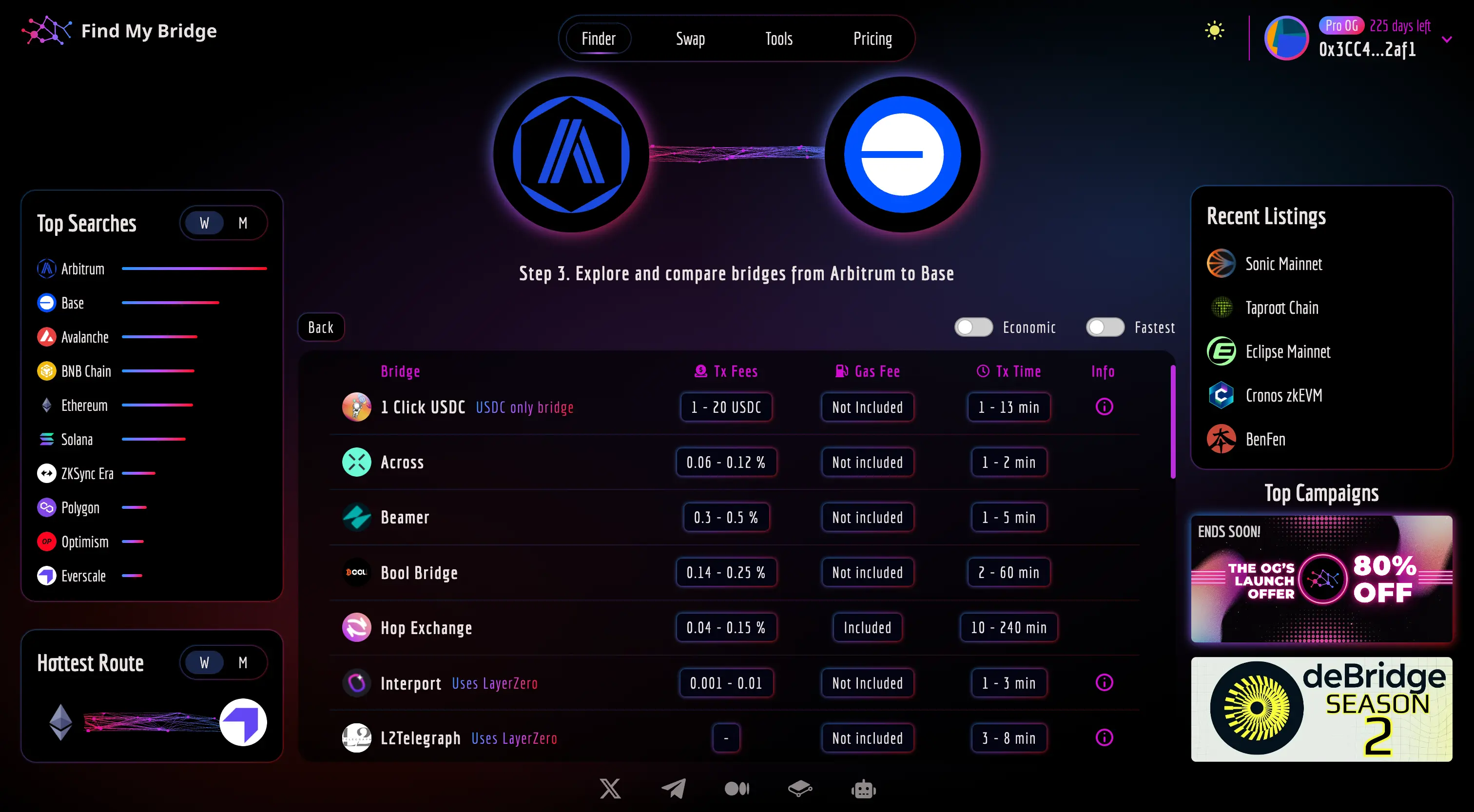


Summary
I developed this fully on-chain payment gateway using ERC20 stablecoins for a web2 app seeking to integrate blockchain technology. The smart contract enables content creators or service providers to set up a paywall that accepts multiple ERC20 tokens as payment methods, with support for both monthly and yearly subscription tiers. The system is designed to be gas-efficient and secure, following best practices in smart contract development. It includes comprehensive test coverage and is built using the Foundry framework for robust development and testing.
How it works?
- Content creators/service providers deploy the contract specifying which ERC20 tokens they accept and their respective prices for monthly and yearly subscriptions
- Users can purchase access by paying with any of the supported tokens
- The contract emits events with subscription details that can be used by off-chain systems to manage access control
- Contract owner can:
- Add or remove supported tokens
- Update prices for existing tokens
- Withdraw accumulated fees in any supported token
- The system is designed to be minimal and focused solely on payment processing, with access control handled off-chain for maximum flexibility
Technology Used
- Solidity
- Foundry Framework
- OpenZeppelin SafeERC20 utils
Responsibilities as developer
- Design a secure and gas-efficient smart contract architecture
- Implement robust token management system supporting multiple ERC20 tokens
- Create flexible pricing mechanism for different subscription durations
- Develop comprehensive test suite covering all contract functionality
- Set up deployment scripts for multiple networks (local, testnet, mainnet)
- Implement proper access control and ownership management
- Ensure secure token handling using SafeERC20
- Create helper configurations for different network deployments
- Document code thoroughly for maintainability
Key accomplishments:
- Bringing web2 applications closer to decentralized blockchain technology, fostering mass adoption.
- Created a gas-optimized contract by minimizing storage operations and using efficient data structures
- Achieved almost 100% test coverage with both unit and integration tests